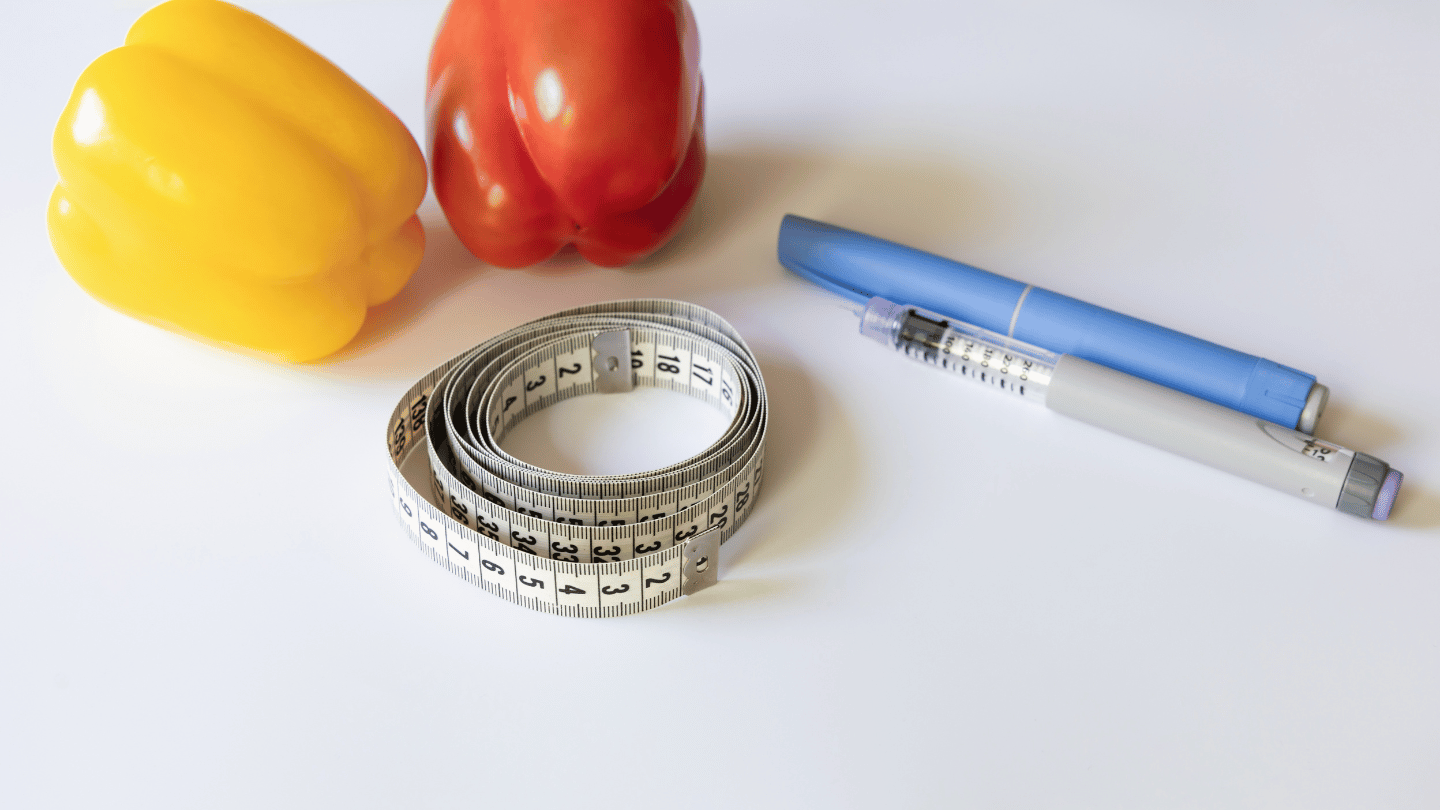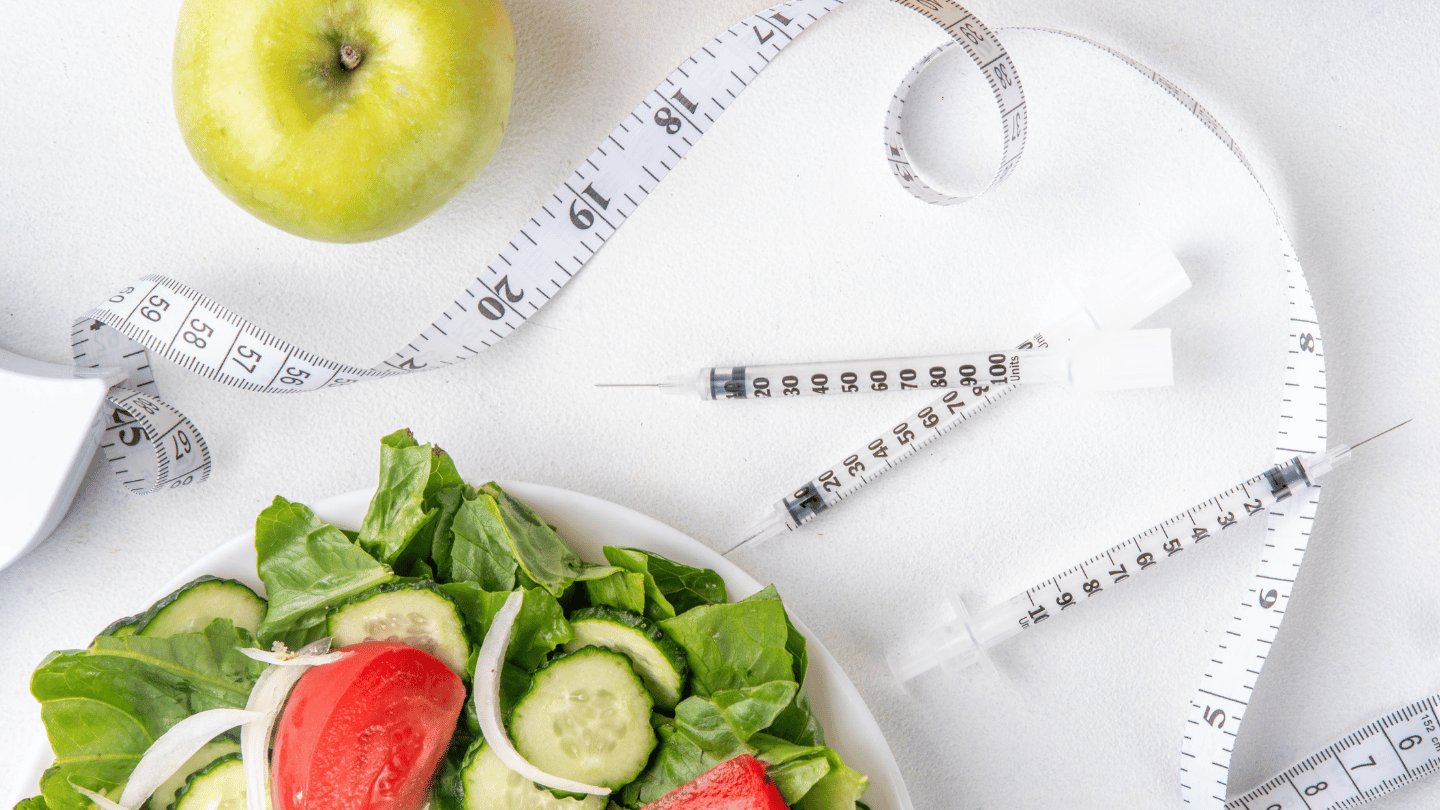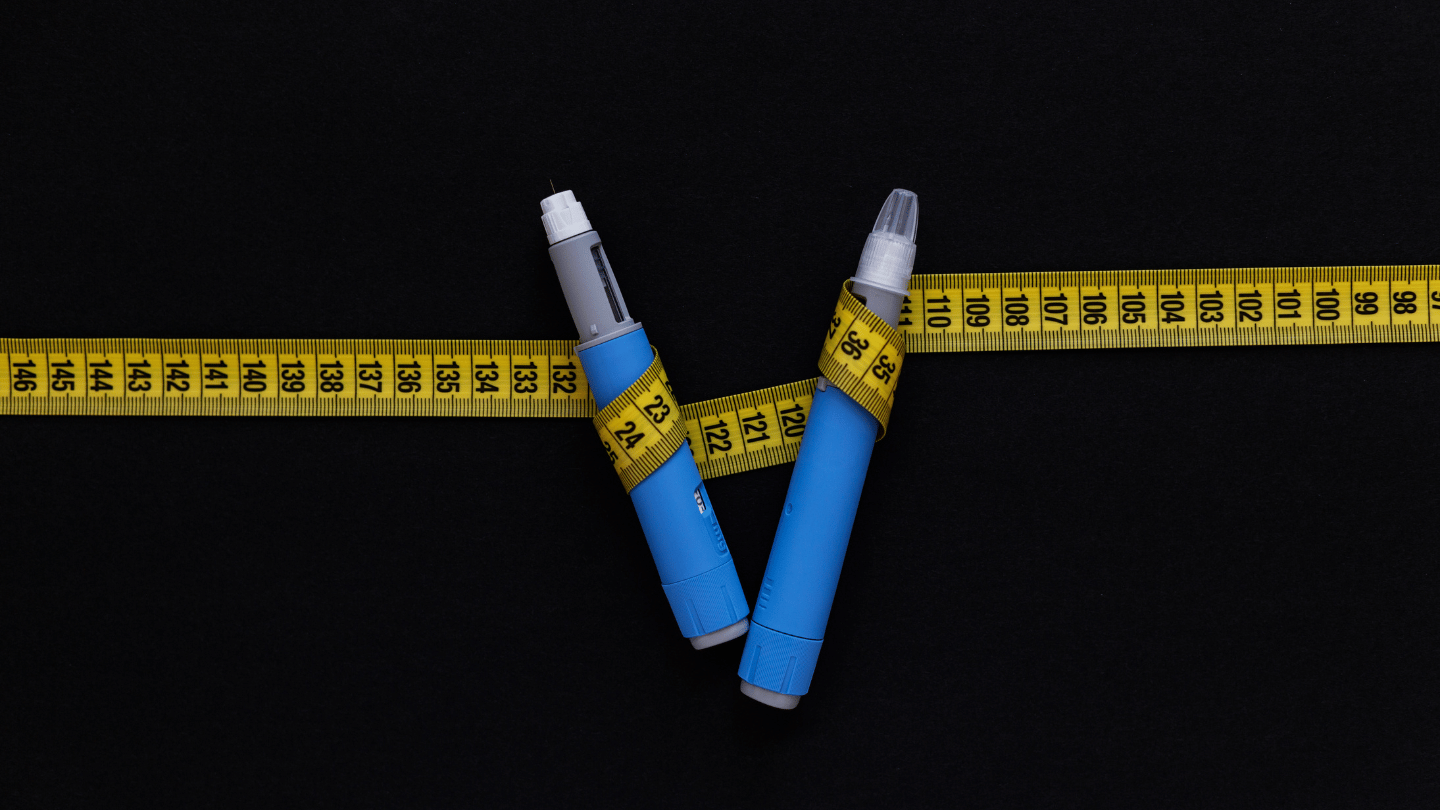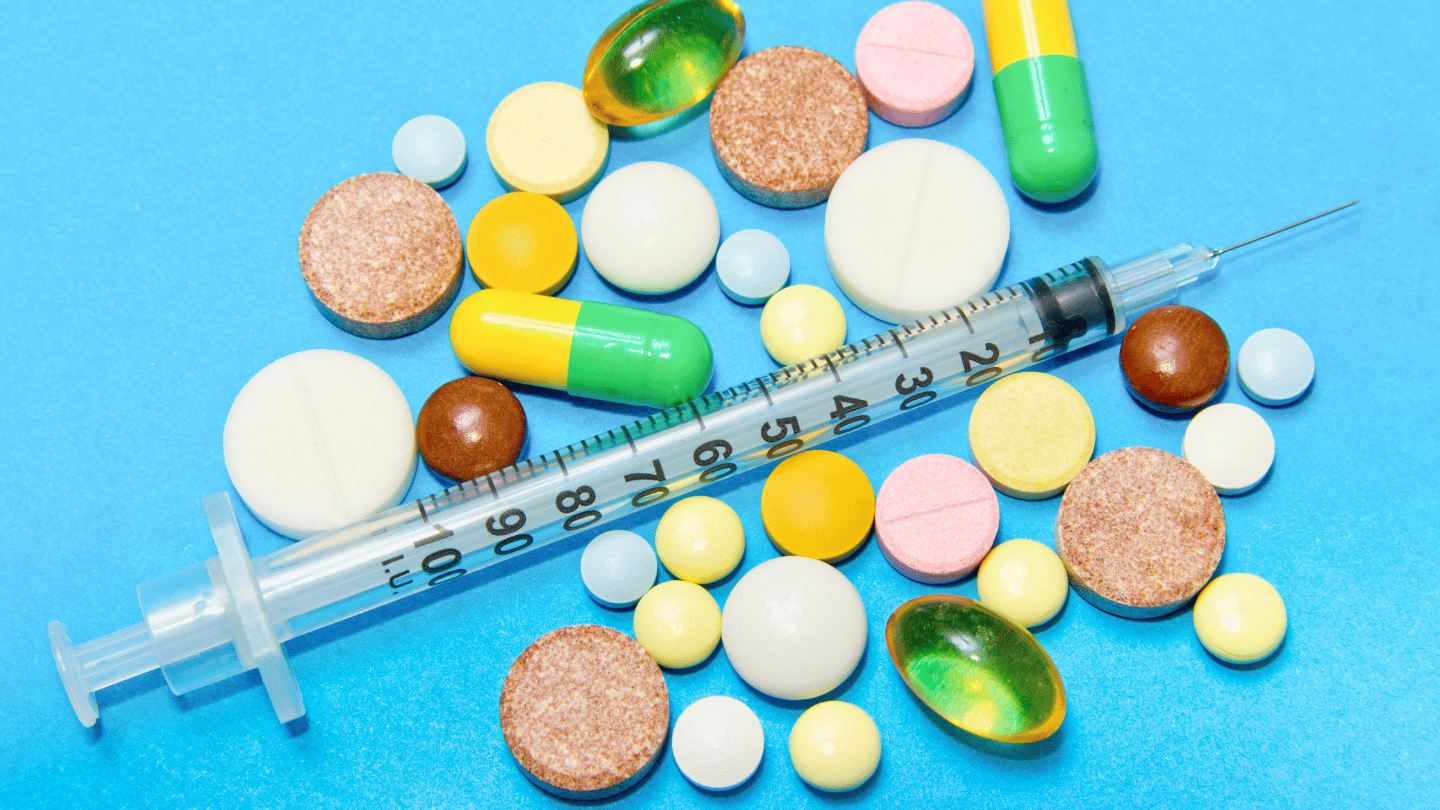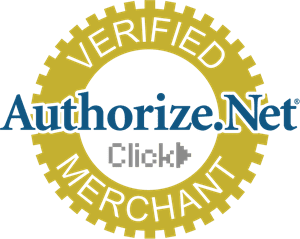Gout is a well-documented disease throughout history. It was first identified in ancient Egypt and termed “the unwalkable disease” by Hippocrates. Due to the severe pain it can inflict, it has sometimes been depicted as demonic in origin. It is also very recognizable, as it tends to occur in the big toe.
Gout, an inflammatory arthritis, can significantly disrupt daily life. It causes joints, especially in the lower extremities and the big toe, to become swollen, red, and tender. Gout flares, characterized by severe pain, can make even simple tasks challenging.
Gout is caused by excessive levels of uric acid in the blood. When uric acid is present in high amounts in the body, it can crystallize and deposit itself in soft tissue, including joints. Excessive levels of uric acid in the blood can be caused by genetics or diet (typically meat, shellfish, sugary drinks, and alcohol).
Symptoms of Gout
- Severe pain in joints, especially the big toe
- Swollen, red, and tender joints
- Pain that flares up suddenly and intensely
Diagnosis of Gout
- Synovial Fluid Analysis: Presence of urate crystals in the joint fluid.
- Blood Test: High levels of uric acid.
- X-rays: Useful for visualizing joint changes.
- Joint Tap (Aspiration): An effective diagnostic tool for examining joint fluid.
Gout Treatment and Prevention
The most common medication prescribed for gout patients is allopurinol, which reduces the amount of uric acid in the body. In an acute attack, patients can be prescribed painkillers (like NSAIDs), colchicine (for patients who cannot tolerate NSAIDs), and steroids (which reduce inflammation). The first goal in an acute attack is to reduce the pain of the flare-up.
Food to Avoid to Prevent Gout
To prevent gout flare-ups, avoiding foods high in purines is crucial, as they can lead to elevated levels of uric acid in the blood. Here are some foods to avoid or limit to help manage and prevent gout:
High-Purine Foods
- Red Meat
- Beef
- Lamb
- Pork
- Organ Meats
- Liver
- Kidneys
- Sweetbreads
- Seafood
- Anchovies
- Sardines
- Mussels
- Scallops
- Trout
- Tuna
- Mackerel
- Herring
- Certain Fish and Shellfish
- Crab
- Lobster
- Shrimp
High-Fructose Foods and Beverages
- Sugary Drinks
- Soda
- Fruit juices with added sugars
- Sweetened iced tea
- Processed Foods with High-Fructose Corn Syrup
- Candy
- Baked goods
- Breakfast cereals
Alcohol
- Beer
- Beer and other grain liquors can increase uric acid levels and should be avoided.
- Spirits and Wines
- Although lower in purines than beer, spirits, and wines should still be consumed in moderation.
Other Foods to Limit
- High-Fat Dairy Products
- Full-fat milk
- Cheese
- Ice cream
- Certain Vegetables (Moderate Purine Content)
- Asparagus
- Spinach
- Mushrooms
- Peas
- Cauliflower
The most effective treatment approach for gout involves empowering individuals with a combination of medication and lifestyle changes. By avoiding purine-rich foods, which contribute to excess uric acid, individuals can take control of their condition. This proactive approach is the best way to prevent future gout flares.
Did you know? QuickMD can treat gout remotely through telemedicine and prescribe prednisone and colchicine online–or any of the other gout medications. No insurance is needed.




